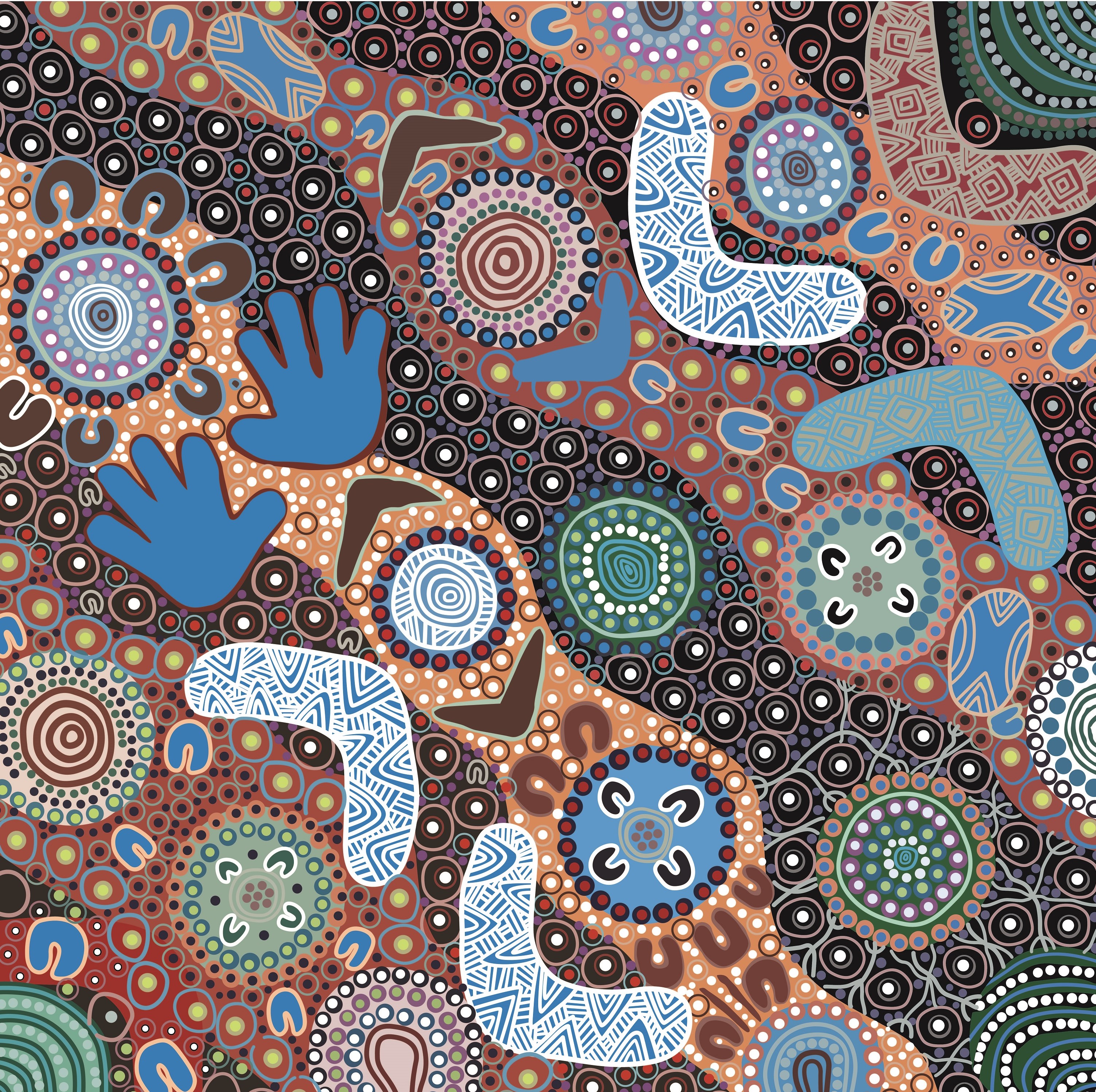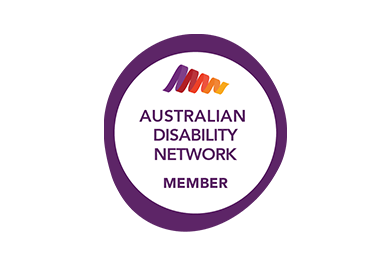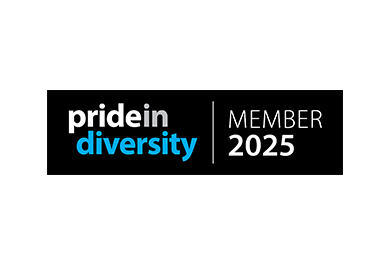A diverse workplace
The ODPP is committed to being a culturally aware workplace that promotes and provides support for all Aboriginal and Torres Strait Islander staff.
Some of the steps the office has taken to meet our commitment include:
Recruitment
- identified legal and non-legal roles for Aboriginal and Torres Strait Islander applicants
- sponsored legal cadetships for Aboriginal and Torres Strait Islander law students.
Staff Support
- establishment of an advisory/support group that works in conjunction with the Office's Diversity & Inclusion Working Party
- links to external support.
Cultural Awareness
- cultural Awareness training and communicating effectively workshops
- reconciliation Australia endorsement of the 'Reflect' Reconciliation Action Plan which set out the steps the office planned to take to implement reconciliation initiatives
- development of the 'Innovate' Reconciliation Action Plan for submission to Reconciliation Australia, which outlines how we will achieve the 'Reflect' initiatives
- commissioned artworks by an Aboriginal artist
- promotion of internal and external events and celebrations.

The ODPP is committed to ensuring equitable inclusion of people with disability in our workforce from the recruitment stage right through to career development.
Some of the steps the Office has taken to meet our commitment to be more inclusive of staff with disability include:
- becoming a member with the Australian Disability Network
- completing a Dignified Access Review to identify opportunities to embed accessible and inclusive design of workplaces
- making workplace adjustments and accommodating for adjustments throughout the recruitment process
- promoting the hidden disability ‘Sunflower initiative’ and raising awareness about neurodiversity
- providing disability awareness training for all staff and managers
- participating in the 'Stepping Into' internship program to engage with skilled people and provide employment opportunities
The ODPP is committed to promoting an inclusive work environment where staff who identify as Lesbian, Gay, Bisexual, Transgender, Queer (LGBTQ) feel safe and valued at work. The ODPP is also committed to supporting members of the LGBTQ+ community engaged with the criminal justice system.
We have a Pride group whose priorities include:
- Raising awareness, understanding, literacy and visibility around issues of importance for the LGBTQ+ community.
- Providing a support network for LGBTQ+ employees to ensure a culture of inclusion and respect in the workplace.
- Equip ODPP staff to be able to effectively support members of the LGBTQ+ community engaged with the criminal justice system.
We are also a member of ACON Pride in Diversity who we work with to ensure our policies and practices are inclusive for people of diverse genders and sexualities.
The ODPP celebrates the achievements of women in the Office, both professional and personal, and recognises their invaluable contribution to the legal profession.
As a public sector employer, the ODPP provides benefits and entitlements in line with NSW government policies.
The ODPP is committed to:
- working towards an inclusive and diverse leadership
- reducing barriers to women's equal participation in leadership and decision-making roles
- raising awareness in respect of women in the workplace, with aims to combat gender bias, break down barriers, support and promote women
- providing flexible working arrangements
- celebrating International Women's Day.
The ODPP is a signatory to the Charter for Advancement of Women - The Law Society of New South Wales promotes diversity, equality and inclusion in the legal profession, in particular by developing and progressing initiatives to ensure equality of opportunity for all members of the profession.
The ODPP ensures compliance with the NSW Government Equitable Briefing Policy regarding the briefing of female barristers.
The ODPP aims to promote cultural and linguistic diversity and the benefits of inclusive practice. The Office recognises that it is essential to respect an individual's culture, including acknowledgement of values and belief systems, while recognising the strengths people from CALD backgrounds demonstrate. By developing cultural understanding, the ODPP strives to provide a safe workspace and deliver a quality service to the community we represent.
The ODPP acknowledges that culture includes a person's beliefs, values, customs and religious practices and can affect how a person thinks and behaves. There can be many barriers for people from CALD backgrounds when trying to access services including:
- language
- discrimination
- issues around settlement and immigration
- pre-migration history of torture and trauma
- lack of family and community support
- fear of authorities, as well as a lack of understanding of systems and laws that can provide support and protection.
The ODPP is committed to working alongside people from CALD backgrounds to achieve an inclusive workplace in which all people are able to fully participate and where we can all learn from one another.
The ODPP supports staff to dress in a way that reflects their gender identity, including transgender, gender diverse and non-binary employees, and in a manner that offers reasonable accommodations for people with disabilities (temporary or permanent) and people from diverse cultural backgrounds and religions. Consistent with the Code of Conduct, staff are expected to maintain a standard of presentation that reflects positively on the Office and is appropriate to their role and circumstances, with particular attention to appropriate court attire and relevant safety requirements, the law is a conservative profession and criminal proceedings are sombre, with serious consequences for individuals. Enquiries may be directed to the Diversity and Inclusion Coordinator, Human Resources humanresources@odpp.nsw.gov.au


